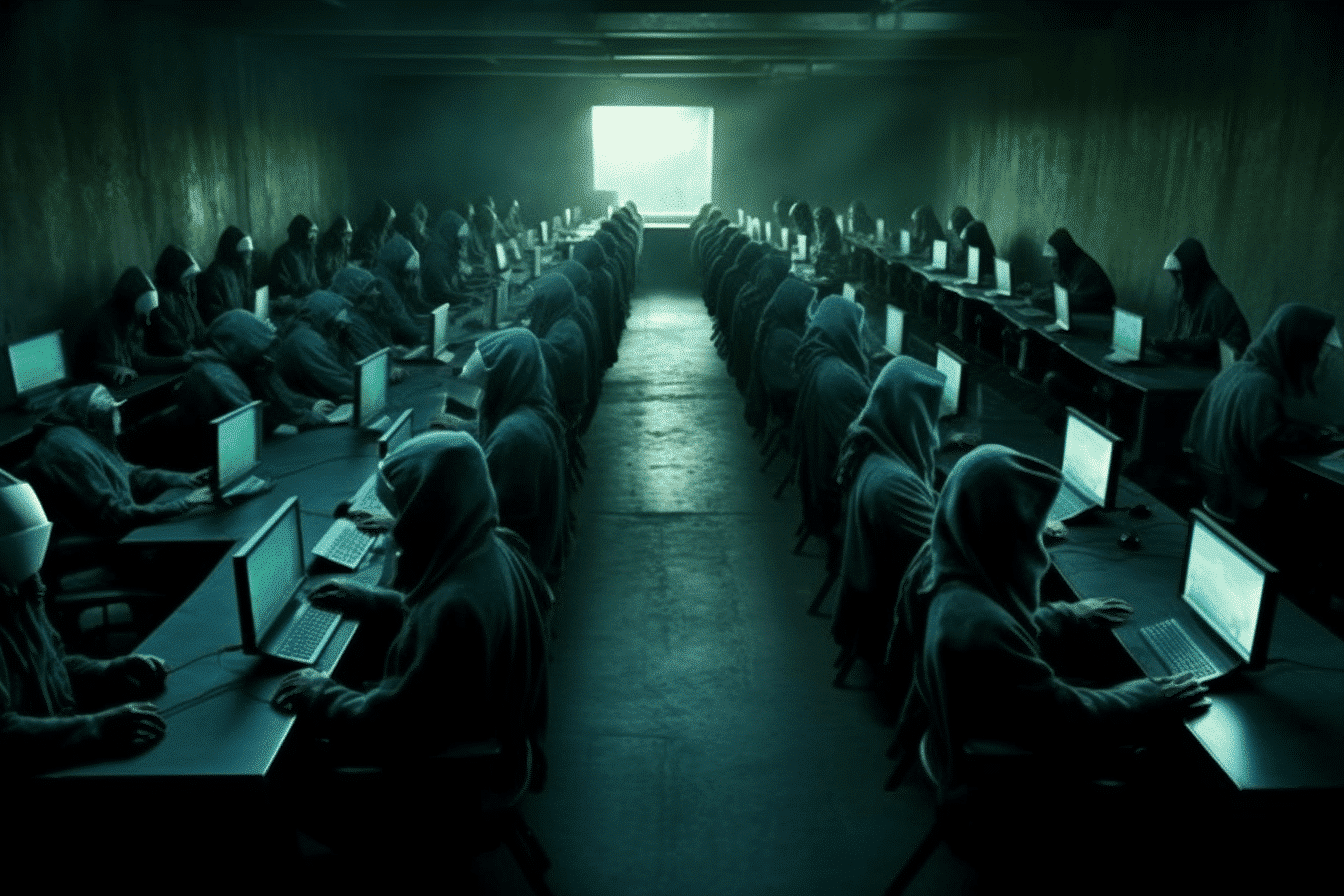Greece is currently grappling with a massive cyberattack targeting the country’s Education Ministry, which has been described as the most extensive cyber assault in Greek history.
The attack aims to cripple the centralized high school examination platform, causing disruptions and delays during crucial end-of-year exams.
As the investigation unfolds, the incident has sparked a political spat and drawn attention to the need for robust cybersecurity measures.
Unprecedented Attack Overwhelms Examination Platform
The Education Ministry revealed that the cyberattack took the form of distributed denial of service (DDoS) attacks, designed to overwhelm the system by flooding it with traffic. For two consecutive days, the platform experienced relentless attacks originating from computers located in 114 countries.
Despite the severity of the assault, the system managed to withstand the onslaught, preventing a complete shutdown.
Investigation Launched to Uncover the Culprits
Prompted by the gravity of the situation, a judicial investigation has been initiated, led by a Supreme Court prosecutor and assisted by the police’s cybercrime division. This inquiry aims to identify the perpetrators behind the attack and bring them to justice.
The Education Ministry has referred to these cyberattacks as the most significant ever directed at a Greek public or government institution, highlighting the urgent need for enhanced cybersecurity measures across the country.
High Stakes for Students
The high school exams in Greece are conducted using an online platform called the Subject Bank, which ensures a uniform standard of assessment nationwide.
The cyberattacks have led to severe disruptions and delays, leaving students anxiously waiting in classrooms for hours before their exams could begin.
This unexpected setback adds an extra layer of stress during an already challenging period for students, impacting their performance and potentially their future academic prospects.
Political Controversy Erupts
The cyberattacks have not only disrupted exams but have also ignited a political firestorm. Following an inconclusive general election earlier this month, a caretaker government has been appointed, and a new election is scheduled for June 25.
The opposition party, Syriza, seized the opportunity to criticize the New Democracy government, accusing them of neglecting the digital protection measures necessary to safeguard the Subject Bank platform and ensure the smooth administration of school examinations.
Demand for Enhanced Digital Protection
Popi Tsananidou, a spokeswoman for the left-wing main opposition party, Syriza, expressed frustration with the current government’s apparent lack of responsibility. Tsananidou emphasized that the New Democracy government had failed to implement adequate digital protection measures during its four-year term, leaving the education system vulnerable to cyberattacks.
This incident highlights the pressing need for comprehensive cybersecurity strategies to safeguard critical national infrastructure and institutions.




